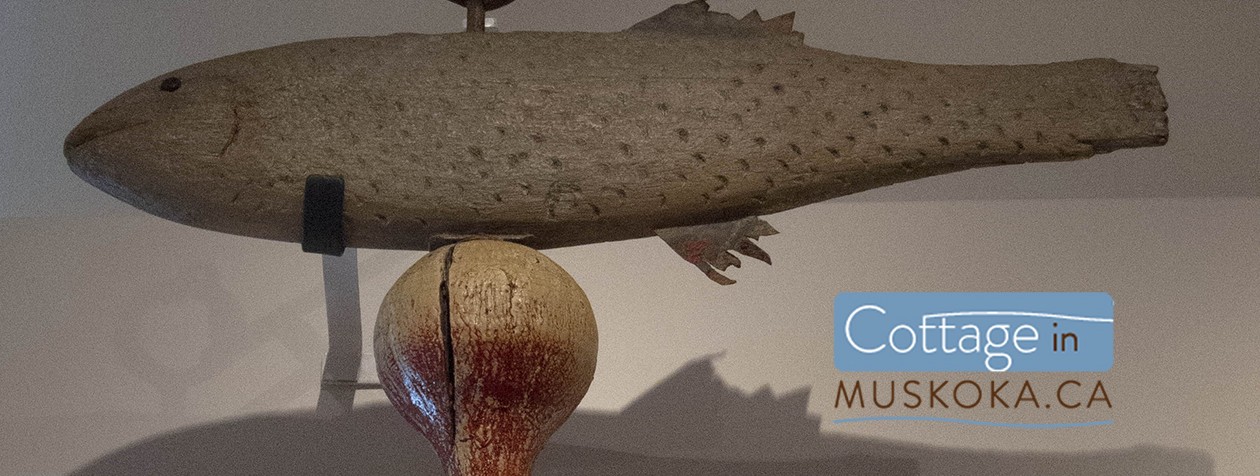Did you know that Gravenhurst Bay in Lake Muskoka is 4 to 5 times cleaner than it was 1970?
Did you know that everyone alive in the 70’s had toxic levels of lead in their blood?
Did you know that Muskoka has only half as many acid lakes as it once did?
Well, how about this then: if it wasn’t for the life in lakes, we would all be blind, deaf , stupid and dead.
From the Muskoka Watershed Council Lecture Series I have just finished editing and have just posted this video on the Muskoka Watershed Council’s YouTube page.
Dr. Norman Yan, an extremely engaging speaker, revisits some past environmental successes, what we have learned and the steps we need to take to solve today’s environmental problems.
Learn how the reduction of phosphorus resulted in a clean up in Gravenhurst Bay while the International Joint Commission was still debating whether its carbon or phosphorus that spikes algal growth? This local Muskoka cleanup helped convince the world that phosphorus is the cause of cultural eutrophication. This phenomena is of increasing concern as population grows and the climate heats up; after all, we learned from this lecture, that algae really love heat.
Revisit the change to unleaded gas which got the toxic levels of lead out of our blood. Dr. Yan also discusses the many benefits of the ban on DDT, as well as the immediate benefits of the recent Ontario ban of cosmetic pesticides and herbicides. Also be sure not to miss houses disappearing from view as the Sudbury environment improves over 40 years!

















